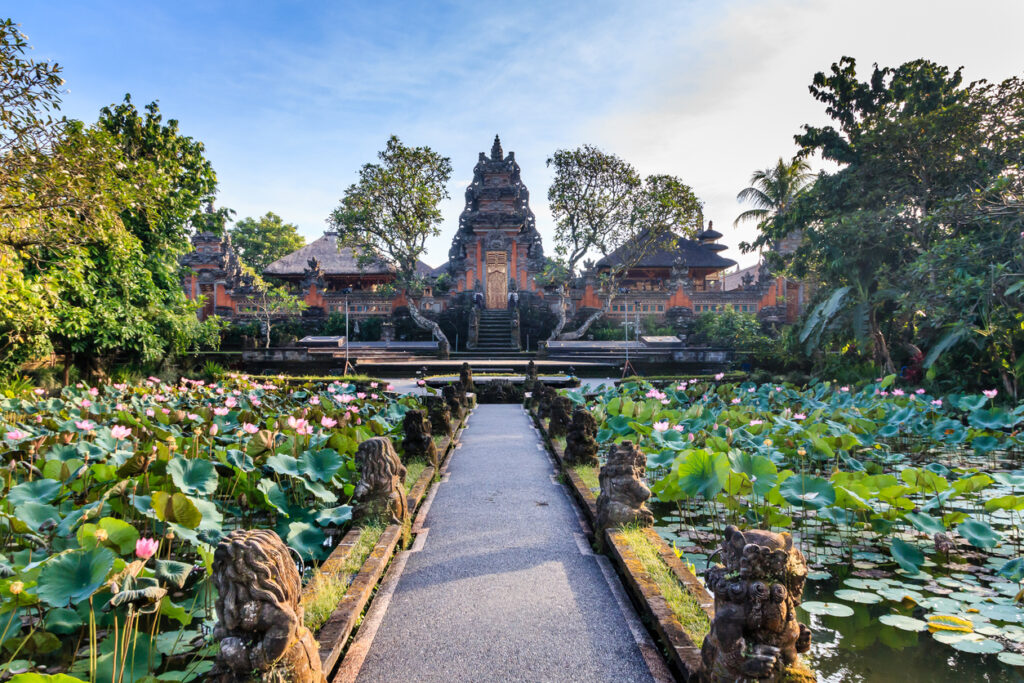Those looking to visit the popular Indonesian tourist attraction of Bali will have to wait longer than had been anticipated.
The originally announced plan was for the region to reopen in or around late July. That will no longer occur, and it is unsure when this reopening will happen.
Sandiaga Uno, the country’s tourism and creative economy minister, told Reuters that Bali is now experiencing 200 COVID-19 cases a day, which is significantly more than the 30-40 that he would like to see before reopening it to tourism. Adding to officials’ concerns is that the country tests at just 15% of the World Health Organization’s recommended minimum, meaning the true case figure is likely far higher.
However, one factor that will help lower these caseloads is the region’s vaccination rate; 71% of those living here have received at least one dose of a vaccine, and nearly all of them are expected to be given the second dose within the next month. This is partially the result of the Indonesian government prioritizing Bali as it disseminates its vaccine doses.

Although international travel into Indonesia is not currently possible for nonessential reasons, those who are in the country may travel to Bali as long as they provide a negative PCR test result upon arrival.
However, the government is providing some Bali-located digital nomads with five-year visas with the promise that none of their income will be taxed as long as it is all from foreign sources.
The COVID-19 pandemic has had a significant impact on Bali’s economy; the region has long been one of the world’s top tourism destinations, featuring attractions such as its beaches, culture, food, art, shopping and nightlife.
Meanwhile, Red Cross officials have voiced significant concern with the pandemic status in Indonesia as a whole.
Jan Gelfand, the International Federation of Red Cross and Red Crescent Societies’ Indonesian delegation’s head, called the situation there at “the edge of a catastrophe.” Across the country, 20,000 cases are being reported daily, and several hospitals in the capital city of Jakarta are at overcapacity.
Just 7% of Indonesians have been fully vaccinated.

